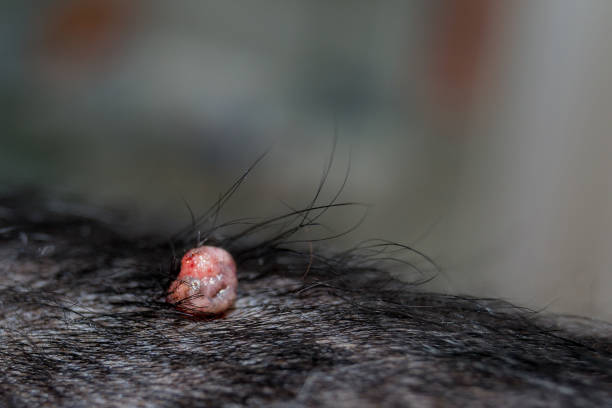Welcoming a puppy into your home is an exciting and joyous occasion. However, along with the boundless energy and adorable antics, pet owners may encounter unexpected challenges such as health issues. One common concern that can arise is when a puppy has diarrhea but still playful. While this may cause alarm, particularly for new pet parents, it’s essential to understand that even though your furry friend remains playful, addressing diarrhea promptly is crucial for their well-being.
Understanding Diarrhea in Puppies:
Diarrhea in puppies can be caused by various factors, including dietary indiscretion, sudden changes in diet, food allergies, intestinal parasites, bacterial or viral infections, and stress. Puppies are naturally curious and prone to exploring their surroundings, which sometimes leads them to ingest things they shouldn’t, contributing to digestive upset.
Symptoms to Watch For
While diarrhea itself is a clear indicator of gastrointestinal distress, there are additional symptoms that may accompany it, signaling a more severe issue. These can include vomiting, lethargy, loss of appetite, blood or mucus in the stool, dehydration (as evidenced by dry gums, excessive thirst, and decreased urination), and abdominal pain (manifested through whimpering, restlessness, or guarding of the abdomen).
Despite exhibiting these symptoms, some puppies may still display their usual playful behavior. This can be misleading for pet owners, as they may underestimate the severity of the situation. However, it’s essential to recognize that while playfulness is a positive sign, it does not negate the need for immediate attention to address the underlying health concern.
Steps to Take:
- Monitor Your Puppy: Keep a close eye on your puppy’s behavior and symptoms. Note any changes in their demeanor, eating habits, and bathroom habits.
- Hydration: Ensure your puppy stays hydrated. Offer small amounts of water frequently to prevent dehydration.
- Dietary Management: Temporarily switch your puppy to a bland diet consisting of boiled chicken and rice or a prescription diet recommended by your veterinarian. Avoid giving them any treats or table scraps during this time.
- Veterinary Consultation: Contact your veterinarian promptly for guidance and to schedule an appointment. They may recommend bringing in a stool sample for analysis or conducting further diagnostic tests to determine the underlying cause of the diarrhea.
- Medication: Follow your veterinarian’s advice regarding any prescribed medications or treatments. Never administer over-the-counter medications without consulting a professional, as they may be harmful to your puppy.
- Quarantine: If your puppy is diagnosed with an infectious condition, such as parvovirus or giardiasis, follow your veterinarian’s instructions regarding quarantine procedures to prevent the spread of illness to other pets.
Conclusion:
While it’s reassuring to see your puppy maintaining their playful spirit despite experiencing diarrhea, it’s crucial not to overlook the potential seriousness of the situation. Prompt attention and appropriate veterinary care are essential for ensuring your puppy’s health and well-being. By monitoring their symptoms closely, providing supportive care at home, and seeking professional guidance from your veterinarian, you can help your furry friend recover swiftly and get back to their playful self in no time.







